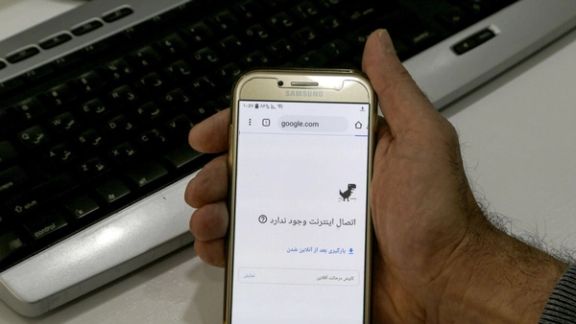Iran’s Internet Speed Declines Amid Restrictions

Recent data released by Speedtest for April reveals a decline in Iran's mobile internet speed amid deteriorating internet access under the Ebrahim Raisi government.

Recent data released by Speedtest for April reveals a decline in Iran's mobile internet speed amid deteriorating internet access under the Ebrahim Raisi government.
Despite promises of improvement, the average download speed dipped to 35.66 megabits per second, with upload speeds also faltering at 9.71 megabits per second. The stagnation comes at a time when the Ministry of Communications has mandated a hefty 34% increase in internet tariffs, purportedly to enhance service quality.
Iran's fixed broadband is ranked 156th among 181 countries in the Speedtest Global Index.
The ministry's ambitious claim in December required mobile operators to boost average speeds by 30% within six months. However, as the deadline approaches, improvements are yet to be materialized.
Further commitments made by operators—including increasing 4G coverage to 96% and expanding 5G sites to 10% by March 2025—also hang in balance, leaving consumers skeptical of any real progress.
Under the leadership of Isa Zarepour, Minister of Communications, internet accessibility has not only stagnated but has also become more restricted. The government has intensified its censorship efforts, routinely blocking access to popular platforms such as WhatsApp and Instagram and causing deliberate disruptions in service. These actions are part of a broader strategy to control information and restrict communication among the populace.
In a recent interview, Zarepour defended the repressive measures, praising them as "acceptable" practices of the Islamic Republic.
Despite mounting evidence of the disruptions, the Ministry of Communications has consistently dodged responsibility for the adverse effects on Iranian citizens' daily lives and economic activities. The situation could further deteriorate with the reintroduction of the Legislation to Protect Cyberspace Users in Parliament—a misnomer for a plan that likely aims to tighten the noose on internet freedom under the guise of protecting users.